7 Things That Happen When You Do Planks Every Day
Planks are one of the most effective exercises you can do at home. They don’t take much time and effort, and you won’t have to wait long for tangible results.
FunnyModo learned exactly what will happen to you if you regularly do this exercise.
1. Core muscles strengthen
Planks involve all the major groups of core muscles including transverse, straight, and oblique abdominal muscles and the buttocks. Their strengthening will give you an increased ability to lift heavy things, form a waistline, and provide support for the back.
2. The risk of back and spine injury reduces
Planks are an exercise that allows you to strengthen muscles without unnecessary strain on the spine. Performing them regularly significantly reduces back pain and provides strong support of the spine, especially its upper part.
3. Metabolism accelerates
Everyday planks burn more calories than other traditional exercises. Planks are especially useful to people who lead a sedentary lifestyle. A daily 10-minute workout at home before or after work will provide a higher level of metabolism throughout the day, even during sleep.
4. Posture improves
You’ll start keeping your back straight more easily. Thanks to strengthening the abdominal, back, neck, shoulder, and chest muscles, you’ll no longer want to stoop.
5. Coordination improves
Have you ever tried to stand on one foot? What happened? If nothing good, then your abdominal muscles most likely weren’t strong enough. By regularly performing the side plank, you’ll start to confidently keep your balance.
6. Flexibility appears
Flexibility is the key advantage the plank provides. Working out in this way, you stretch the muscles around the shoulders, scapula, and collarbones. Biceps and hip muscles also develop, and the feet and toes become flexible.
7. Psychological state improves
The exercise affects our nervous system. It stretches and relaxes muscles which are usually stiffened due to stress, creating tension throughout the body. Planks help to get rid of anxiety and symptoms of depression, but only if you make them part of your daily life.
Preview photo credit depositphotos

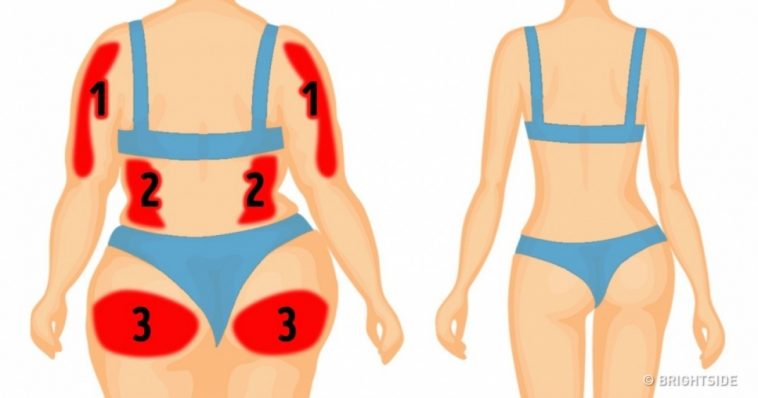
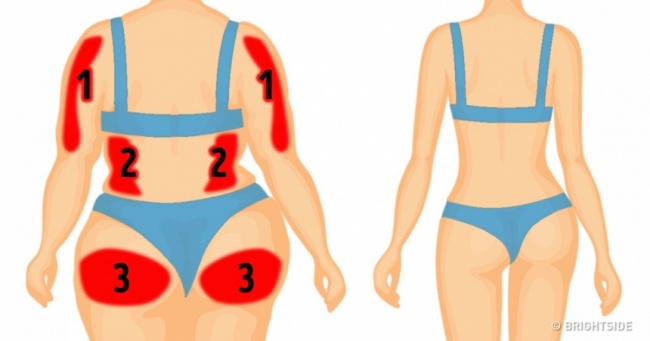
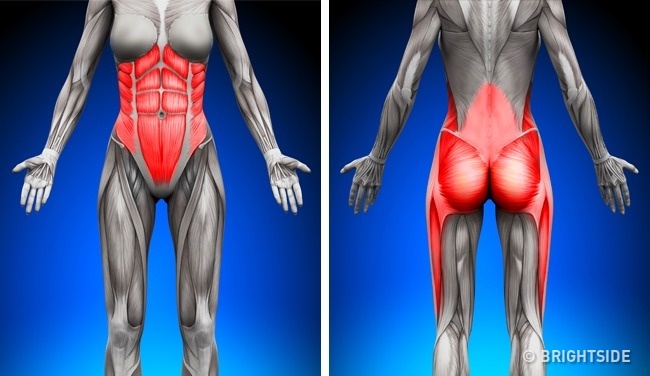
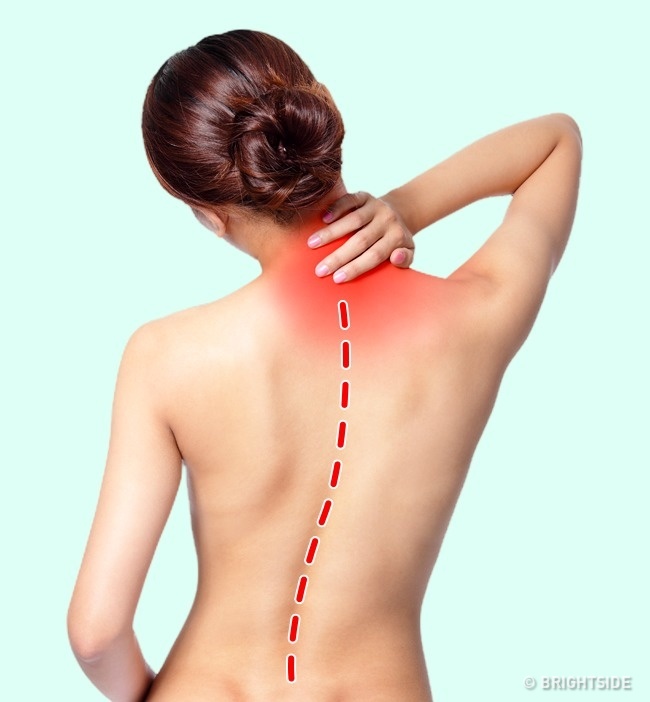
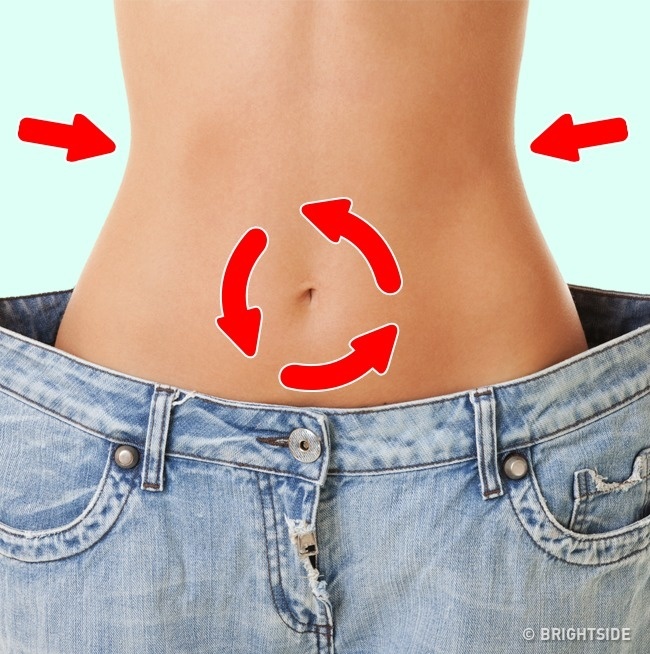
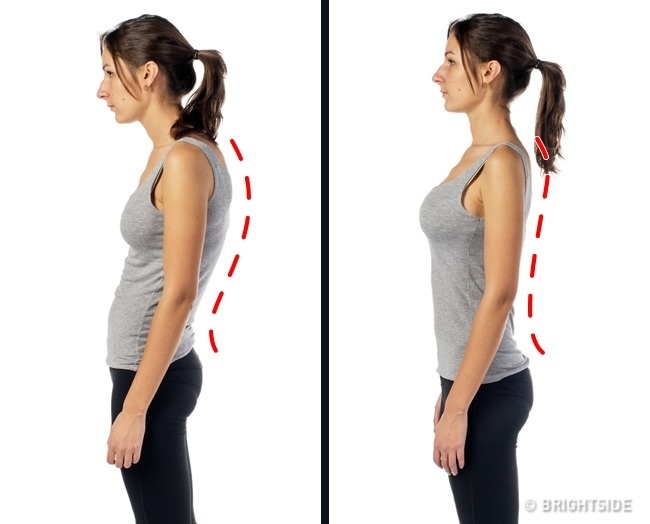
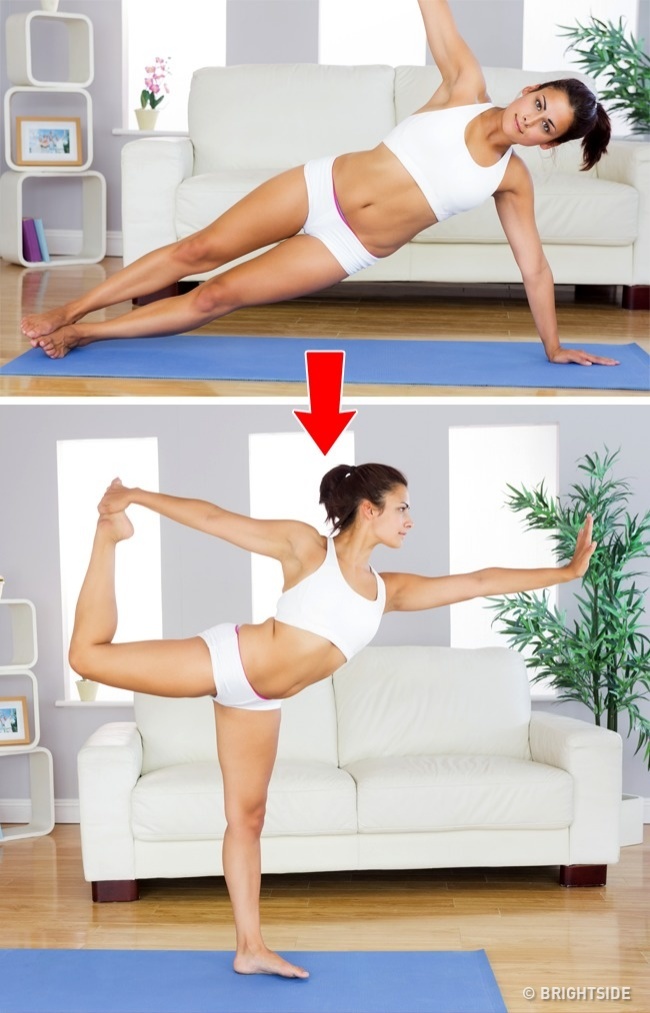
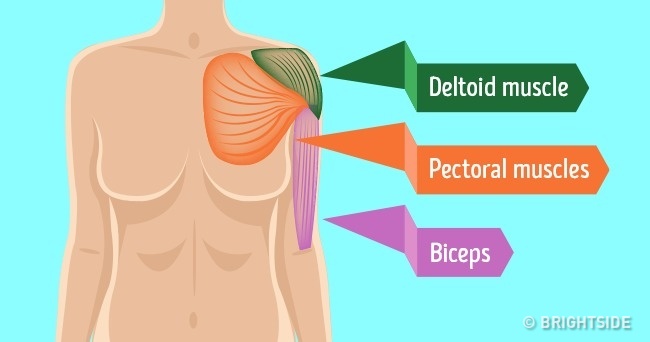



Comments